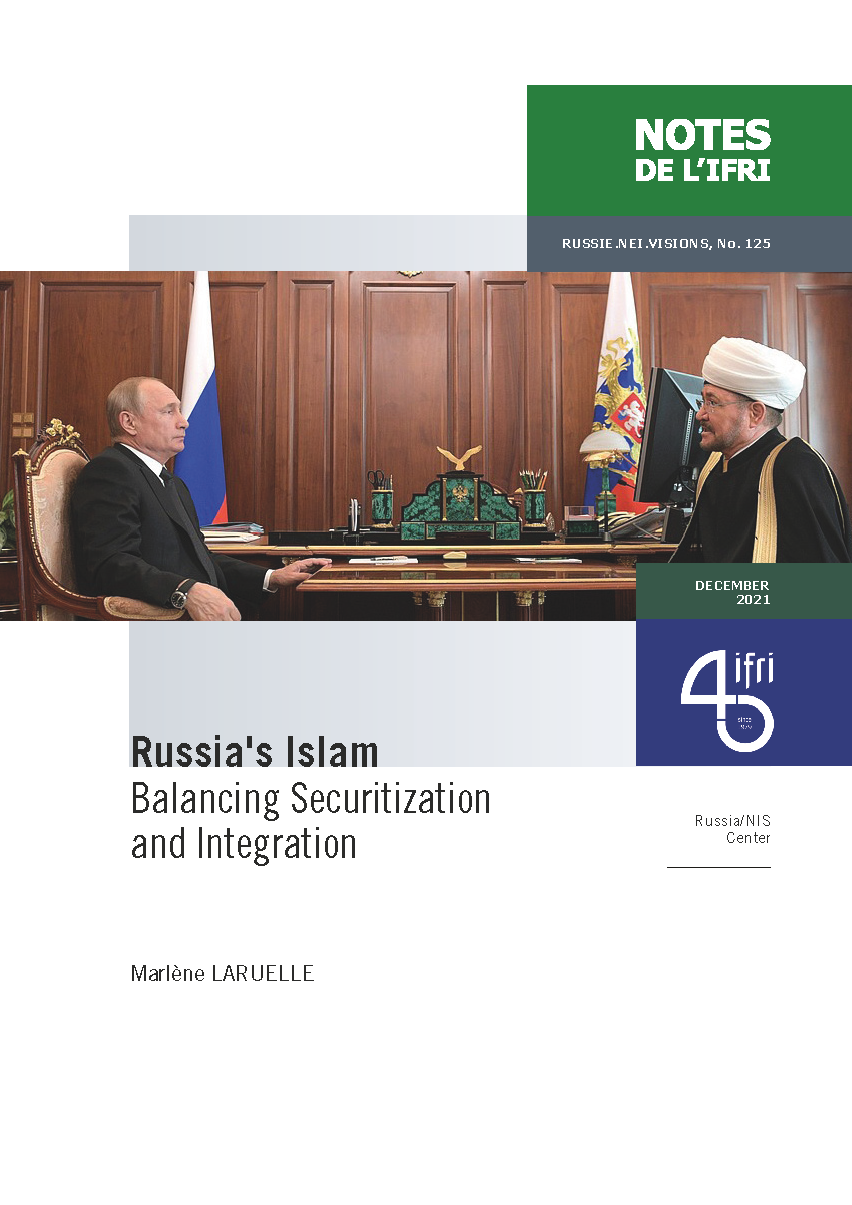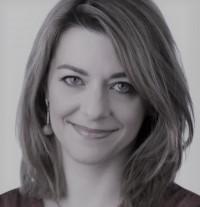Russia’s Islam: Balancing Securitization and Integration

Russia’s Islam has been much more than the two Chechen wars, and regular terrorist actions that have shaken the Russian territory. Islam constitutes an integral part of Russia’s history and culture, and the Putin regime regularly celebrates Islam’s contribution to the country and its great power reassertion.
Labor migrations from the North Caucasus as well as from Central Asia to Russia’s main metropoles, a dynamic Islamic Runet debating about Islam in Russian, and the—apparent only—paradoxical marriage of convenience between the Russian Orthodox Church and the Muftiates contribute to this alignment of interests between the Russian regime and its Muslim constituencies, far away from the simplistic, black and white vision promoted by Western media of a Russia intrinsically opposed to Islam.
This paper discusses this fragile balance between securitizing Islam(ism) as a threat to the country’s stability and multinational harmony and recognizing Muslim citizens as a central support for the Kremlin, both in terms of electoral provision, authoritarian practices, and promotion of conservative values.
Marlène Laruelle is a Research Professor at George Washington University (Washington DC), Director of the Institute for European, Russian and Eurasian Studies (IERES), Director of the Illiberalism Studies Program, and Co-Director of PONARS-Eurasia. Since January 2019, she has been an Associate Research Fellow at Ifri’s Russia/NIS Center. She works on the rise of the populist and illiberal movements, on the renewal of the conservative thought as well as on the ideological transformations and questions of national identity in the post-Soviet area, especially in Russia.
This content is available in French : L'islam de Russie. Équilibrer sécurisation et intégration
It is also available in Russian : Ислам в России. Поиск баланса между безопасностью и интеграцией
Download the full analysis
This page contains only a summary of our work. If you would like to have access to all the information from our research on the subject, you can download the full version in PDF format.
Russia’s Islam: Balancing Securitization and Integration
Related centers and programs
Discover our other research centers and programsFind out more
Discover all our analysesThe Caspian Sea as an Emerging Energy Hub : Potentials and Limitations
This report analyzes the prospects of the Caspian Sea region — and its key actors except for Russia and Iran — becoming an important energy hub serving the needs of the European Union (EU).
The European Union's Strategic Test in Georgia
The political crisis brewing in Georgia is of an existential nature for the country. What is at stake is Georgia's future as a democratic and sovereign European nation (EU).
Commanders of Putin's Long War: Purged, Reshuffled and Disgruntled
The trend of reshuffling the Russian top military command in the course of a fast-evolving and far from successful war has progressed unevenly both across the Armed Forces’ structures and in time. The rationale for and timing of the abrupt cadre decisions made by Commander-in-Chief Putin often defy logical explanation, and the rare official clarifications are no more informative than the usual information blackout.
Russian Military Manpower After Two and a Half Years of War in Ukraine
In addition to a military victory in Ukraine, the Russian leadership is planning to build up sizable troop formations for a possible conflict with NATO in the Baltic region and the Kola Peninsula. In particular, current plans aim for the military manpower to grow by about 350,000, reaching a total of 1.5 million soldiers and commanders. In the context of the current conflict in Ukraine, this cannot be accomplished without a new wave of mass mobilization.












